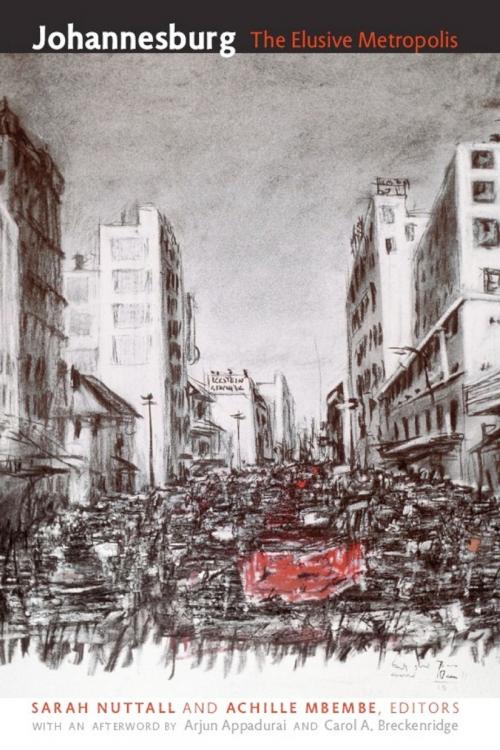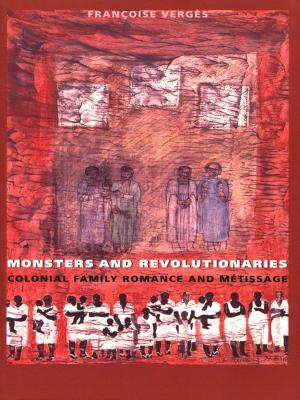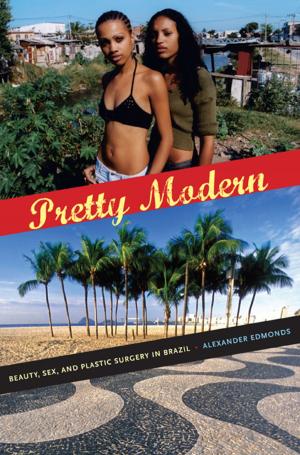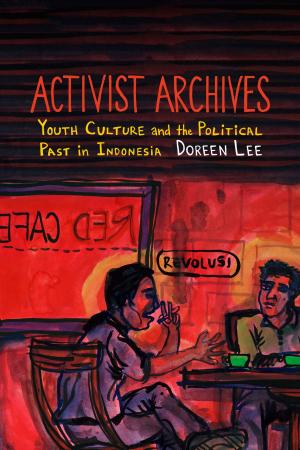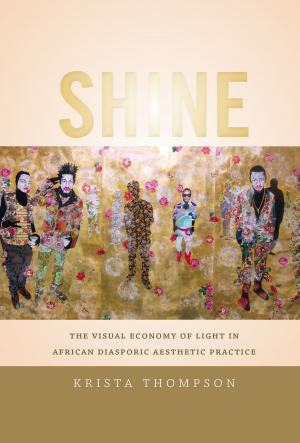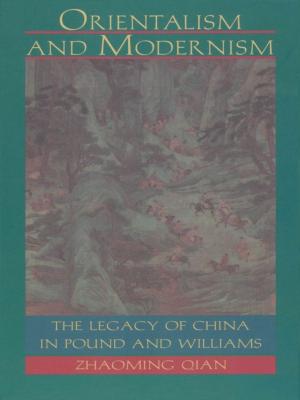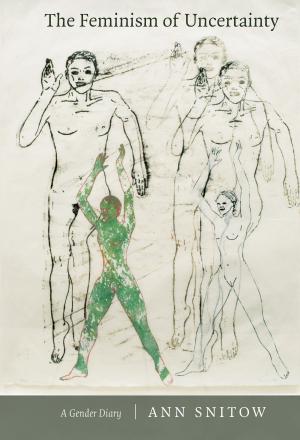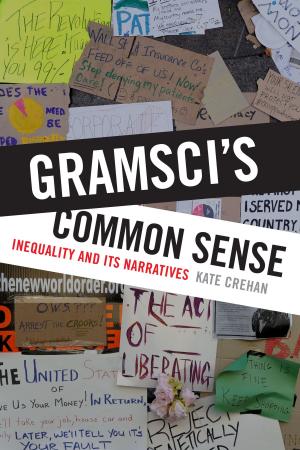Johannesburg
The Elusive Metropolis
Nonfiction, History, Africa, South Africa, Social & Cultural Studies, Political Science, Politics, City Planning & Urban Development, Social Science, Sociology, Urban| Author: | AbdouMaliq Simone | ISBN: | 9780822381211 |
| Publisher: | Duke University Press | Publication: | October 24, 2008 |
| Imprint: | Duke University Press Books | Language: | English |
| Author: | AbdouMaliq Simone |
| ISBN: | 9780822381211 |
| Publisher: | Duke University Press |
| Publication: | October 24, 2008 |
| Imprint: | Duke University Press Books |
| Language: | English |
Johannesburg: The Elusive Metropolis is a pioneering effort to insert South Africa’s largest city into urban theory, on its own terms. Johannesburg is Africa’s premier metropolis. Yet theories of urbanization have cast it as an emblem of irresolvable crisis, the spatial embodiment of unequal economic relations and segregationist policies, and a city that responds to but does not contribute to modernity on the global scale. Complicating and contesting such characterizations, the contributors to this collection reassess classic theories of metropolitan modernity as they explore the experience of “city-ness” and urban life in post-apartheid South Africa. They portray Johannesburg as a polycentric and international city with a hybrid history that continually permeates the present. Turning its back on rigid rationalities of planning and racial separation, Johannesburg has become a place of intermingling and improvisation, a city that is fast developing its own brand of cosmopolitan culture.
The volume’s essays include an investigation of representation and self-stylization in the city, an ethnographic examination of friction zones and practices of social reproduction in inner-city Johannesburg, and a discussion of the economic and literary relationship between Johannesburg and Maputo, Mozambique’s capital. One contributor considers how Johannesburg’s cosmopolitan sociability enabled the anticolonial projects of Mohandas Ghandi and Nelson Mandela. Journalists, artists, architects, writers, and scholars bring contemporary Johannesburg to life in ten short pieces, including reflections on music and megamalls, nightlife, built spaces, and life for foreigners in the city.
Contributors: Arjun Appadurai, Carol A. Breckenridge, Lindsay Bremner, David Bunn, Fred de Vries, Nsizwa Dlamini, Mark Gevisser, Stefan Helgesson, Julia Hornberger, Jonathan Hyslop, Grace Khunou, Frédéric Le Marcis, Xavier Livermon, John Matshikiza, Achille Mbembe, Robert Muponde, Sarah Nuttall, Tom Odhiambo, Achal Prabhala, AbdouMaliq Simone
Johannesburg: The Elusive Metropolis is a pioneering effort to insert South Africa’s largest city into urban theory, on its own terms. Johannesburg is Africa’s premier metropolis. Yet theories of urbanization have cast it as an emblem of irresolvable crisis, the spatial embodiment of unequal economic relations and segregationist policies, and a city that responds to but does not contribute to modernity on the global scale. Complicating and contesting such characterizations, the contributors to this collection reassess classic theories of metropolitan modernity as they explore the experience of “city-ness” and urban life in post-apartheid South Africa. They portray Johannesburg as a polycentric and international city with a hybrid history that continually permeates the present. Turning its back on rigid rationalities of planning and racial separation, Johannesburg has become a place of intermingling and improvisation, a city that is fast developing its own brand of cosmopolitan culture.
The volume’s essays include an investigation of representation and self-stylization in the city, an ethnographic examination of friction zones and practices of social reproduction in inner-city Johannesburg, and a discussion of the economic and literary relationship between Johannesburg and Maputo, Mozambique’s capital. One contributor considers how Johannesburg’s cosmopolitan sociability enabled the anticolonial projects of Mohandas Ghandi and Nelson Mandela. Journalists, artists, architects, writers, and scholars bring contemporary Johannesburg to life in ten short pieces, including reflections on music and megamalls, nightlife, built spaces, and life for foreigners in the city.
Contributors: Arjun Appadurai, Carol A. Breckenridge, Lindsay Bremner, David Bunn, Fred de Vries, Nsizwa Dlamini, Mark Gevisser, Stefan Helgesson, Julia Hornberger, Jonathan Hyslop, Grace Khunou, Frédéric Le Marcis, Xavier Livermon, John Matshikiza, Achille Mbembe, Robert Muponde, Sarah Nuttall, Tom Odhiambo, Achal Prabhala, AbdouMaliq Simone
